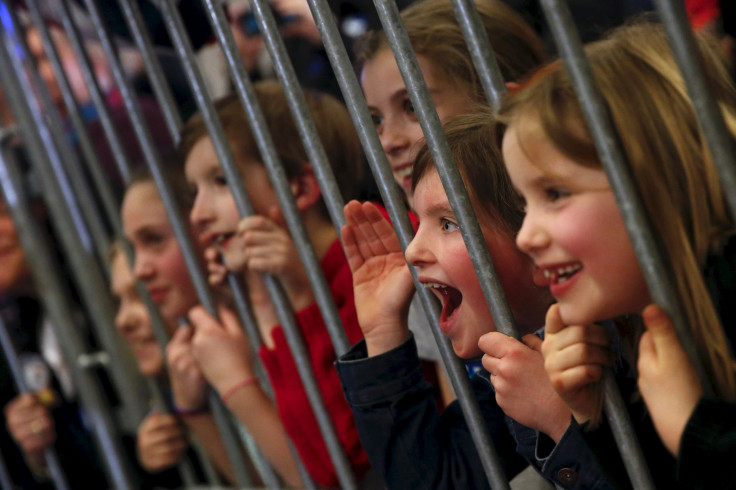Are Boys Better Than Girls? By Age 6, Girls Are Less Likely To Believe They Can Be Brilliant, New Study Shows

If you were to ask five-year-old girls and boys whether they’ll grow up to be “really, really smart,” both genders would have similar expectations. Ask them the same question one year later, though, and you’d get an entirely different answer.
By the time girls turn six, they believe that men are more likely to be “really, really smart,” according to a study published Thursday in the journal Science.
“If we want to change young people’s minds and make things more equitable for girls, we really need to know when this problematic stereotype first emerges, and then we know when to intervene to avoid these negative consequences on girls’ educational decisions and their future career choices,” Lin Bian, co-author of the study from the University of Illinois at Urbana-Champaign, told the Los Angeles Times.
The study examined 400 children — half were boys, half were girls — to test how early gender stereotypes regarding intelligence were ingrained. The children ranged from ages five to seven.
Researchers showed the kids pictures of pairs of men and women, and they asked the kids to choose which adult seemed to be the “really smart” protagonist of a story. The researchers then asked the children to match objects and traits, including “being smart,” to pictures of men and women. Boys associated pictures of men with “really smart” 65 percent of the time, while girls connected women with “really smart” only 48 percent of the time.
The study also found that while girls were more likely to associate their gender with good grades, they were less likely to assume that those good grades were because of intelligence. Instead, they connected good grades with trying “really, really hard.” Boys, on the other hand, are more likely to believe that they succeed in school due to innate abilities.
When children adopt these attitudes at such a young age, those beliefs becomes deeply imbued in their worldview and self-perception. By the time young women get to college, they are less likely to pursue fields “whose members cherish brilliance (such as physics and philosophy),” according to the study.
© Copyright IBTimes 2025. All rights reserved.






















